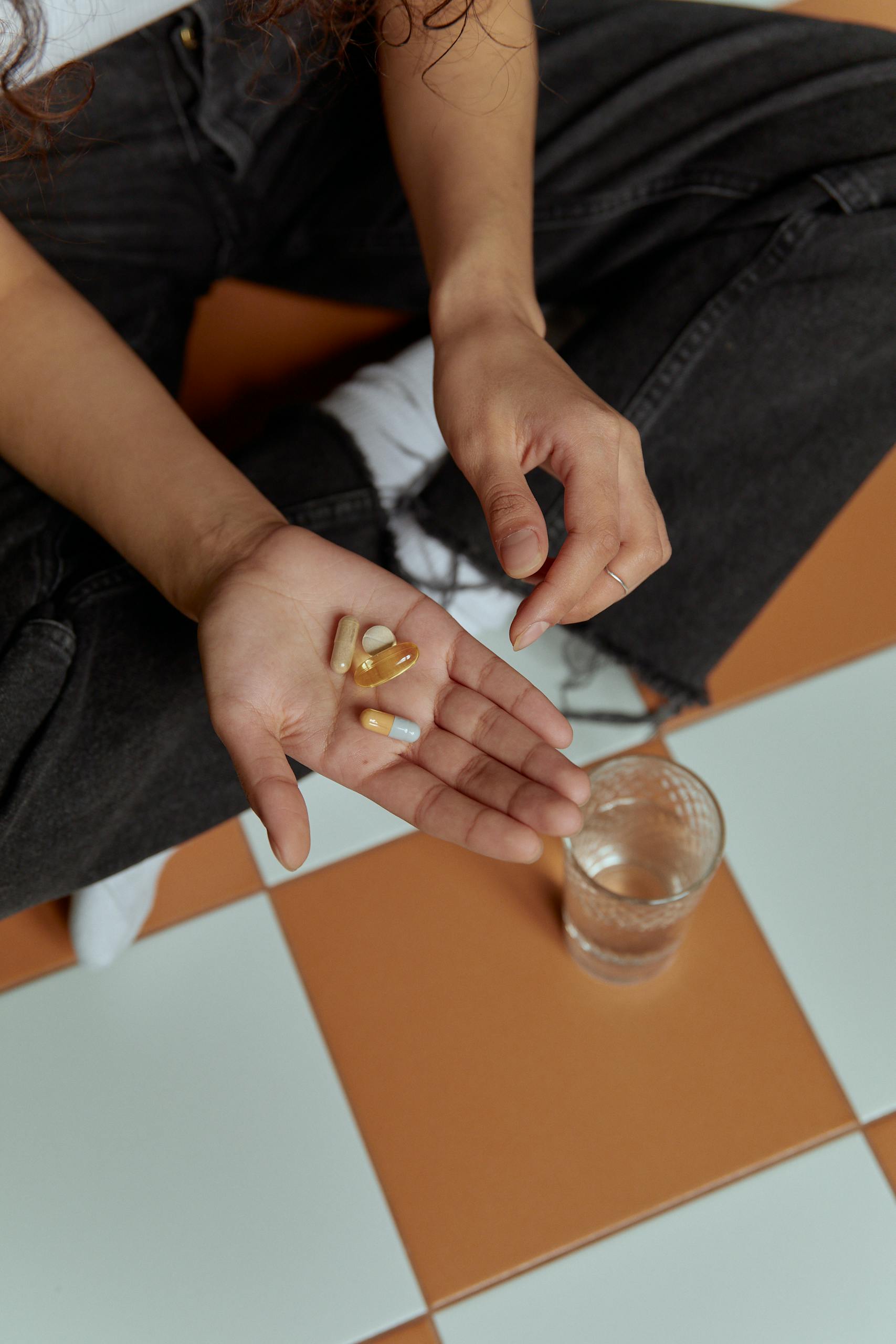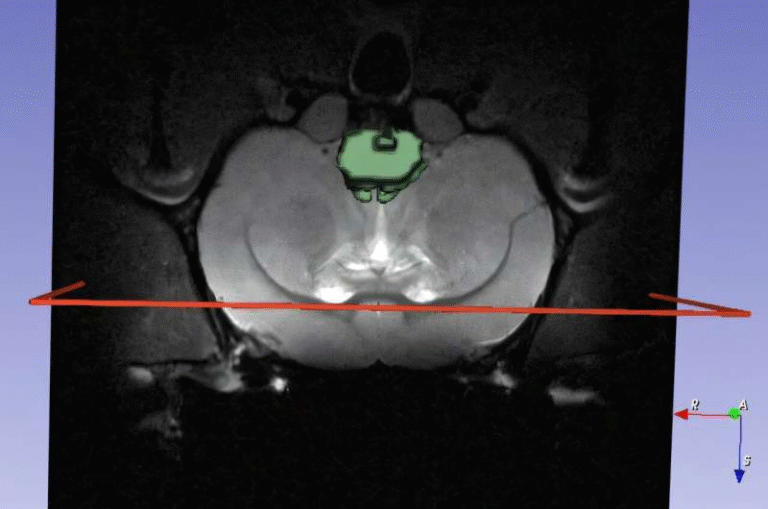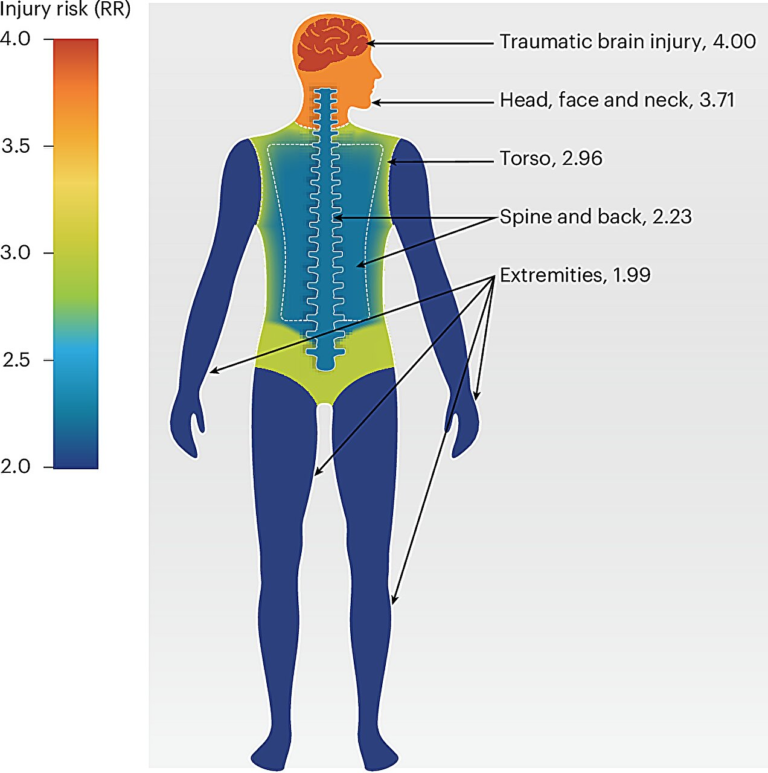New Study Finds Vitamin D2 May Reduce Vitamin D3 Levels: What You Need to Know

A recent scientific analysis has revealed a surprising and important finding about vitamin supplements. Researchers from the University of Surrey, the John Innes Centre, and the Quadram Institute Bioscience have discovered that taking vitamin D2—one of the common forms of vitamin D available in supplements—may actually lower levels of vitamin D3 in the body. Since vitamin D3 is generally considered the more effective form of the nutrient, this has sparked concern and new conversations around how people should be supplementing.
The research, published in the journal Nutrition Reviews (September 2025), analyzed multiple randomized controlled trials (RCTs) to get a clearer picture of what happens when people take vitamin D2. What they found was striking: instead of simply boosting total vitamin D levels, D2 supplementation appears to cause a measurable decline in vitamin D3 concentrations.
This is especially important because vitamin D supplements are widely recommended to maintain bone health, immune function, and overall well-being. For example, the UK government advises most adults to take 10 micrograms (µg) per day during the winter months when sunlight is limited. But if D2 is undermining D3, then supplement choice becomes even more crucial.
The Difference Between Vitamin D2 and D3
Vitamin D is not just one substance. The two major forms are vitamin D2 (ergocalciferol) and vitamin D3 (cholecalciferol).
- Vitamin D2 is plant-based. It’s often produced from fungi or yeast, which is why it’s the form commonly found in vegetarian or vegan supplements.
- Vitamin D3 is animal-derived and is the form the body naturally produces when the skin is exposed to sunlight. It is generally regarded as the more efficient type for increasing blood levels of 25-hydroxyvitamin D, the key marker used to assess vitamin D status.
Previous research has already suggested that D3 outperforms D2 in maintaining healthy vitamin D levels, but this new study adds a new twist: D2 doesn’t just underperform—it may actively reduce D3.
What the Study Actually Found
The research team carried out a systematic review and meta-analysis of existing RCTs. This means they looked across multiple high-quality trials and combined the data to see the bigger picture.
Out of 20 eligible trials, 11 were included in the final meta-analysis. These trials involved participants who took vitamin D2 supplements, with their blood levels of vitamin D3 measured before and after the supplementation period.
Here are the key findings:
- In trials that compared end-of-study results, vitamin D2 supplementation was associated with an average decrease of about 18 nmol/L in vitamin D3 compared to control groups.
- In analyses of absolute changes over the course of the trials, vitamin D2 supplementation was linked to a drop of about 9 nmol/L in vitamin D3.
- In several of the studies, people taking vitamin D2 actually ended up with lower vitamin D3 levels than participants in the control groups who took no supplements at all.
This shows a consistent and measurable effect: taking D2 drives down D3.
Possible Reasons for This Effect
The researchers suggested a few possible explanations for this unexpected finding. One idea is that there may be a regulatory mechanism in the body that increases the clearance or breakdown of vitamin D3 when overall vitamin D intake (through D2 supplementation) is high. In other words, the body may react to added vitamin D2 by reducing how much D3 sticks around in circulation.
What’s still unclear is whether this decline has negative health effects in practice. It’s possible that as long as total vitamin D (D2 + D3 combined) remains high enough, the body may still be getting what it needs. But since D3 appears to have specific benefits that D2 does not, the loss of D3 could be more concerning than it looks on paper.
Why Vitamin D3 Seems More Beneficial
This study builds on earlier findings showing that D3 and D2 are not interchangeable. For instance, a previous study published in Frontiers in Immunology (led by Professor Colin Smith of the University of Surrey) found that vitamin D3 has a unique effect on the immune system.
D3 seems to stimulate the type I interferon signaling system, which is one of the body’s first lines of defense against viruses and bacteria. D2, on the other hand, does not have this effect. That means having good D3 status might help the body resist infections, while relying on D2 could miss out on this protective benefit.
So even if total vitamin D levels look fine, the quality of vitamin D matters—and D3 looks like the stronger candidate.
Why This Matters for Public Health
Vitamin D deficiency is considered a major public health problem, especially in countries like the UK, where sunlight is weak during the winter months. Many people are already falling short of healthy vitamin D levels, which has been linked to weaker bones, greater risk of fractures, and poorer immune resilience.
If D2 supplements are actually lowering D3 levels, then the type of supplement chosen could make a real difference. For this reason, some scientists are calling for wider access to plant-based D3 supplements, which are now available thanks to advances in supplement manufacturing. These could give vegans and vegetarians a way to get D3 without relying on animal products.
The researchers behind the new study emphasized that their findings should inform policy and guidance on supplementation, particularly when it comes to recommendations for the general population.
Strengths and Limitations of the Study
This meta-analysis stands out because it relies on randomized controlled trials, which are the gold standard for testing cause-and-effect relationships. It’s also the first review to specifically focus on how D2 affects D3.
However, there are some limitations:
- Many of the trials did not set out specifically to study D2’s impact on D3, so the measurements were sometimes secondary outcomes.
- The populations varied—different ages, baseline vitamin D status, dosages, and durations were used across the trials.
- While the reduction in D3 is clear, the clinical significance (whether it causes health problems) remains uncertain.
In short, the findings are reliable, but more targeted studies will be needed to fully understand the consequences.
Broader Perspective on Vitamin D
Since we’re already deep into the science, let’s expand a bit and talk about vitamin D more broadly.
Sources of Vitamin D
- Sunlight: The main natural source, but depends on latitude, season, and skin exposure.
- Dietary sources: Fatty fish (like salmon, mackerel, sardines), fortified foods (milk, cereals), egg yolks, and some mushrooms.
- Supplements: D2 (from plants/fungi) and D3 (from animal or algal sources).
Recommended Intake
Health authorities differ slightly, but in the UK, the advice is 10 µg per day for adults during autumn and winter. In the US, recommendations vary based on age, but generally range from 600 to 800 IU per day (about 15–20 µg).
Deficiency Risks
Low vitamin D status can lead to:
- Rickets in children (soft, weak bones).
- Osteomalacia and osteoporosis in adults.
- Increased vulnerability to infections and possibly links with chronic diseases (though evidence here is still debated).
The Road Ahead
The new findings mean that health authorities, nutritionists, and individuals may need to rethink the default assumption that D2 and D3 are interchangeable. If the goal is to maximize health benefits, D3 seems to be the more reliable choice.
That said, D2 may still have a role, especially for vegans and vegetarians who cannot or do not wish to use animal-derived supplements. But the availability of plant-based D3 could be a game-changer in this regard.
What’s clear is that more research is needed—both to understand the mechanisms by which D2 lowers D3 and to determine whether this effect translates into meaningful health consequences over the long term.
Final Thoughts
For now, the takeaway is simple: if you’re supplementing with vitamin D, D3 is probably the better option, unless you have a specific reason to choose D2. And as new research continues, we may see official recommendations evolve to reflect this difference.
In the meantime, it’s worth checking your supplement labels, being aware of the distinction, and discussing with a healthcare professional if you’re unsure which form is best for you.





